Oscar Silva, a 24-year-old "Dreamer" from San Luis Potosi in Mexico, has lived in the United States for 23 years but is experiencing overwhelming anxiety over the threat of mass deportations.
President-elect Donald Trump has suggested he wants a deal to protect Dreamers—undocumented immigrants brought to the country as children—but his plans to expel migrants who are in the U.S. illegally have left Silva and others uncertain about their fate in a country they've long called home.
"The ongoing threat of mass deportations fills me with fear for myself and my family," Silva told Newsweek in an exclusive interview.
Newsweek has contacted the incoming Trump administration for comment.
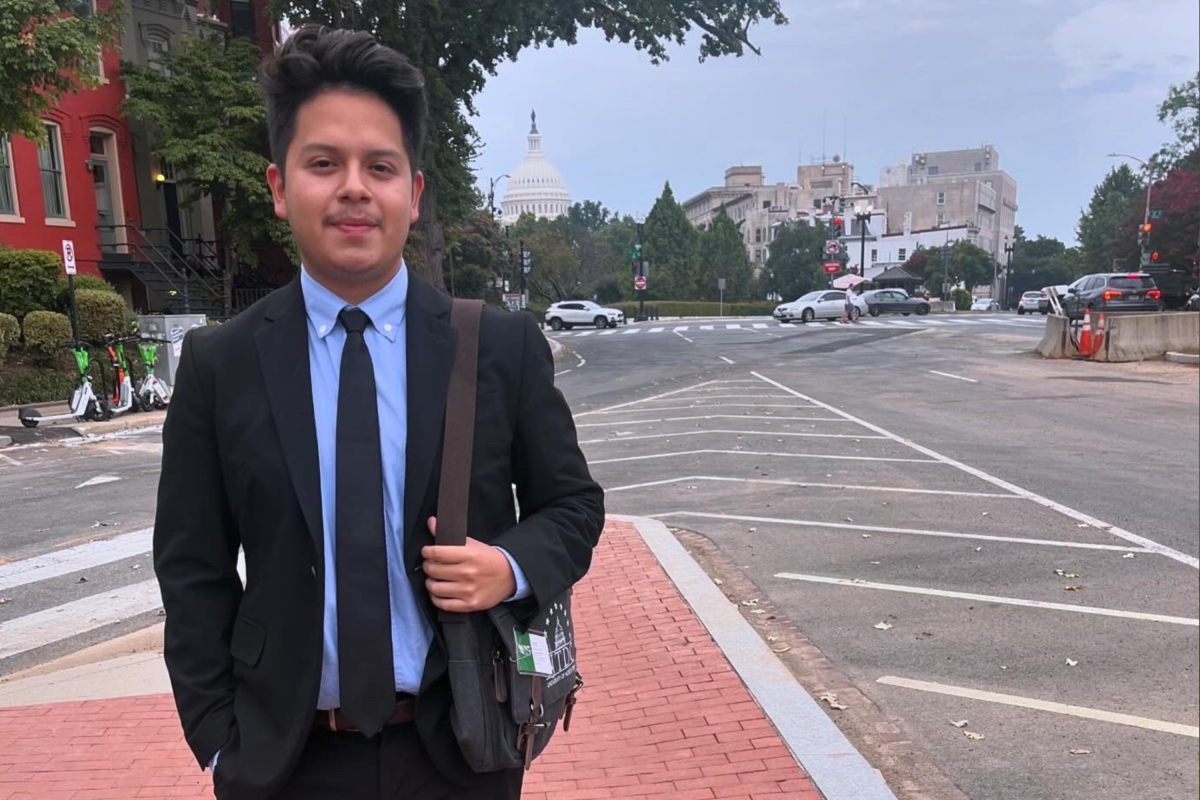
In 2012, President Barack Obama introduced the Deferred Action for Childhood Arrivals (DACA) program, offering temporary relief from deportation and work permits to eligible individuals.
Five years later, Trump announced the termination of DACA, leaving the future of approximately 800,000 Dreamers uncertain. This decision faced legal challenges and, in 2020, the Supreme Court blocked it, allowing DACA to continue.
The American Immigration Council estimates that there are as many as 3.6 million Dreamers residing in the United States. This figure includes those who did not apply for DACA or aged into the program after it stopped accepting new applicants.
Trump has expressed a willingness to collaborate with Democrats on legislation to allow Dreamers to remain in the country, indicating support for protecting them. "I want to be able to work something out," Trump said on NBC News's Meet the Press.
However, his past actions have led to skepticism about his commitment to this cause.
Silva, who was brought to the U.S. as a baby, has spent his entire life in this country, yet the fear of being torn from his family and home grows each day.
"All I simply want to do is to contribute to the great country that has been my home for the last 23 years. Why is this country trying so hard to get rid of me? I am a product of the American way of life."
"I learned to speak the English language at a young age from the cartoons, movies and music made by American artists. I do not understand why this country wants to rip me from my home to a place I have never known," Silva said.
"I pay my taxes, I am married to a U.S. citizen and I have my family all living here, yet the American government insists on my deportation."
While Silva remains grateful for his life in the U.S., he faces daily challenges while living as an undocumented immigrant.
"I have to be careful every time I drive," Silva said. "I currently do not possess a driver's license because, in the state of Texas, undocumented immigrants are not allowed to obtain one. Dallas is a big city filled with roads and highways, and driving is an essential means of transportation in my area. I choose to drive without a license, not out of choice but as a necessity to my day-to-day needs."
"A single traffic stop could result in me being separated from my wife for 10 years. The stress of my potential deportation weighs on me heavily," he said.
Silva also described how the fear of deportation has affected his sense of planning. "My mind is constantly filled with anxiety over the threat of deportation to the point where I have to plan my life out in advance six months at a time," he said.
Silva and others in his community have taken steps to prepare for the worst. After the 2024 presidential election, he created a personal "Emergency Card" that he carries at all times. It has a list of names and phone numbers of lawyers and family members written on it in case he is apprehended.
Silva went a step further by printing "Know Your Rights" business cards for his family members, ensuring they have the necessary information if they ever find themselves in danger of detention and deportation.
For Dreamers like Silva, the path forward remains uncertain, with the ever-present fear of separation from loved ones and the life they've built. Despite all of this, Silva's desire to remain in the country he calls home remains steadfast.
"I hope the upcoming Trump administration is aware of the potential harm and destruction that mass deportations will have on our economy and the generations of trauma that will be faced in thousands of communities across our nation," he said.
"A sensible approach to our immigration issue would be to provide a pathway to citizenship to millions of immigrants who simply wish to work and not be treated as second-class citizens. The solution is simple: a pathway that does not require irreparable harm to millions of families."
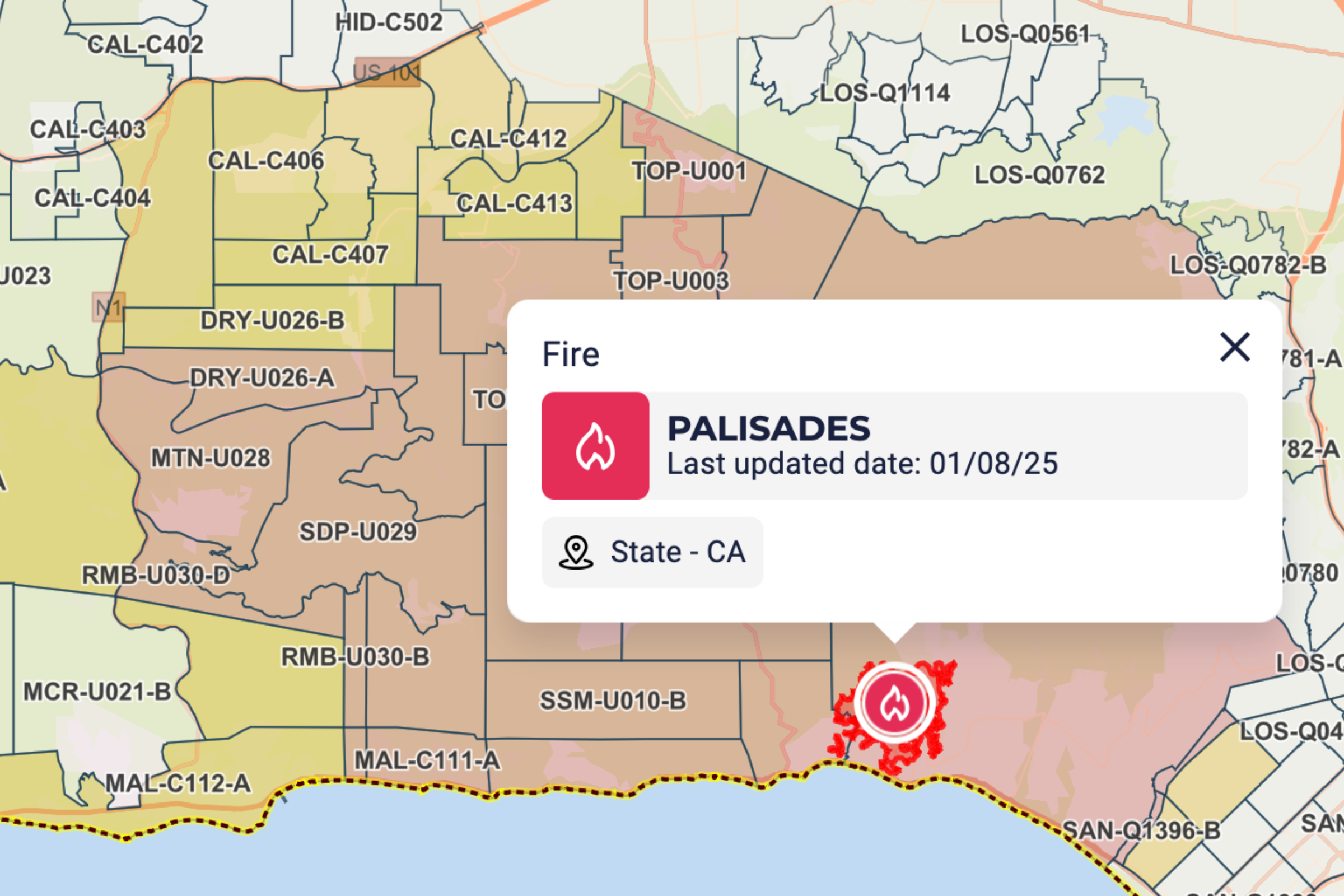



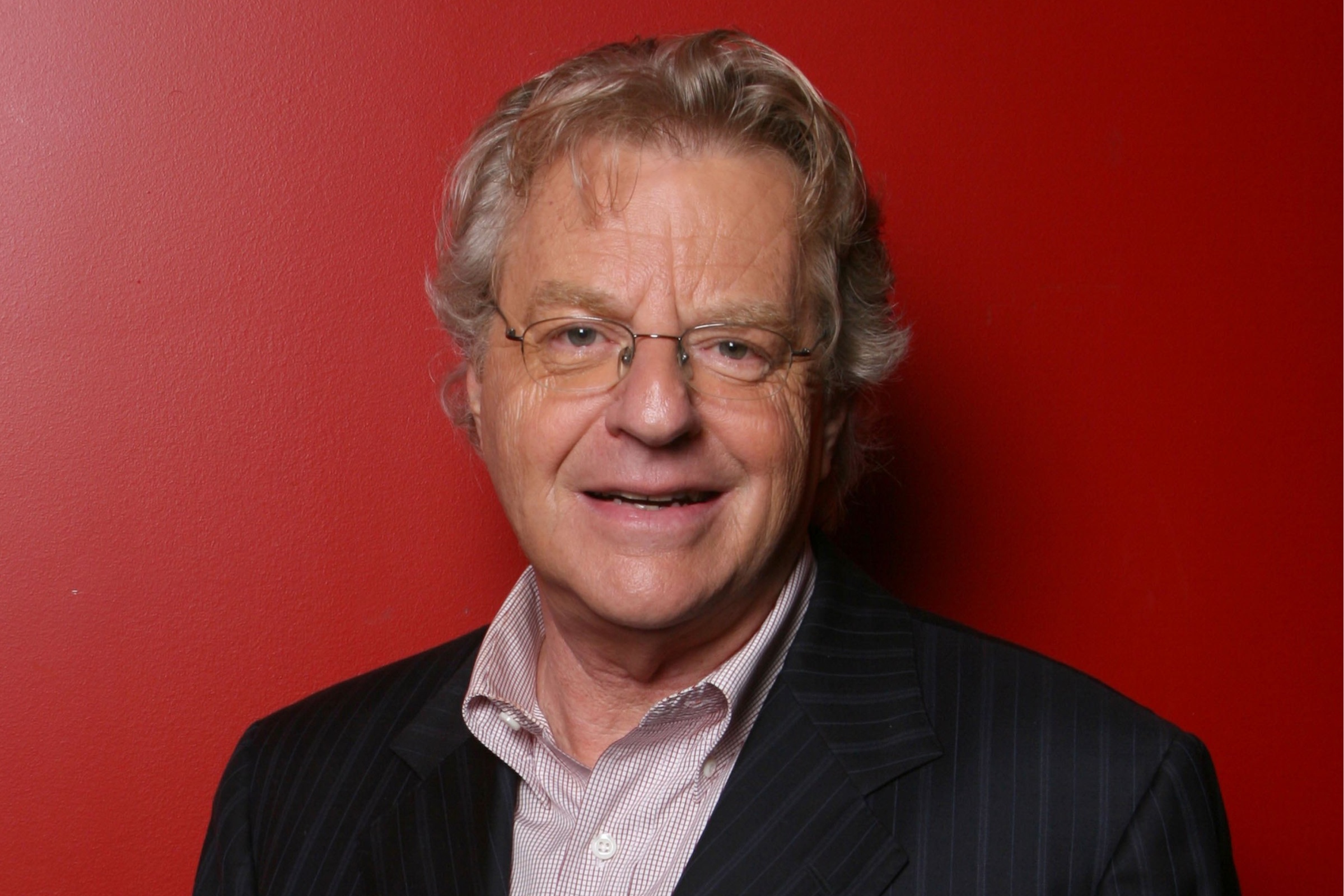
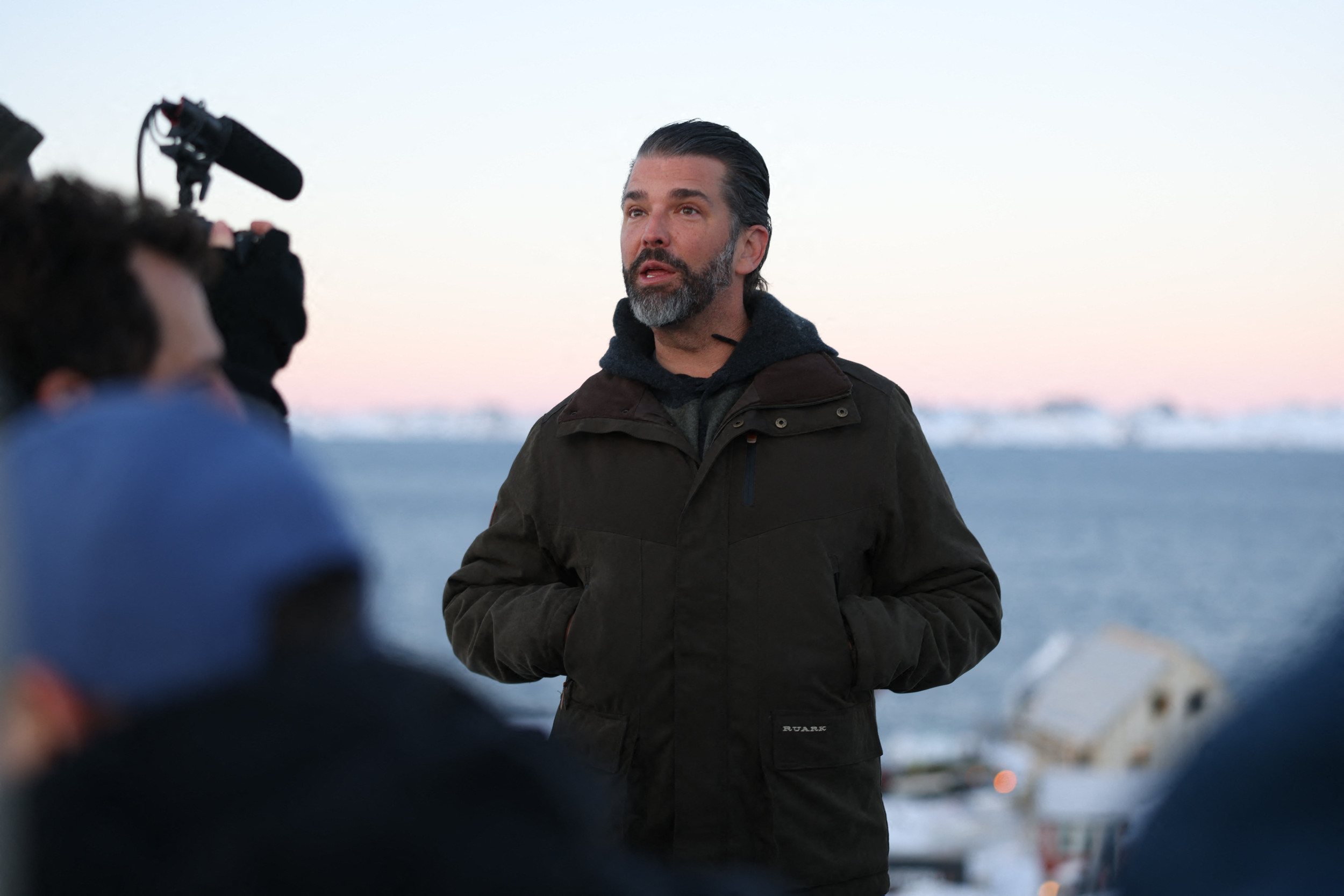

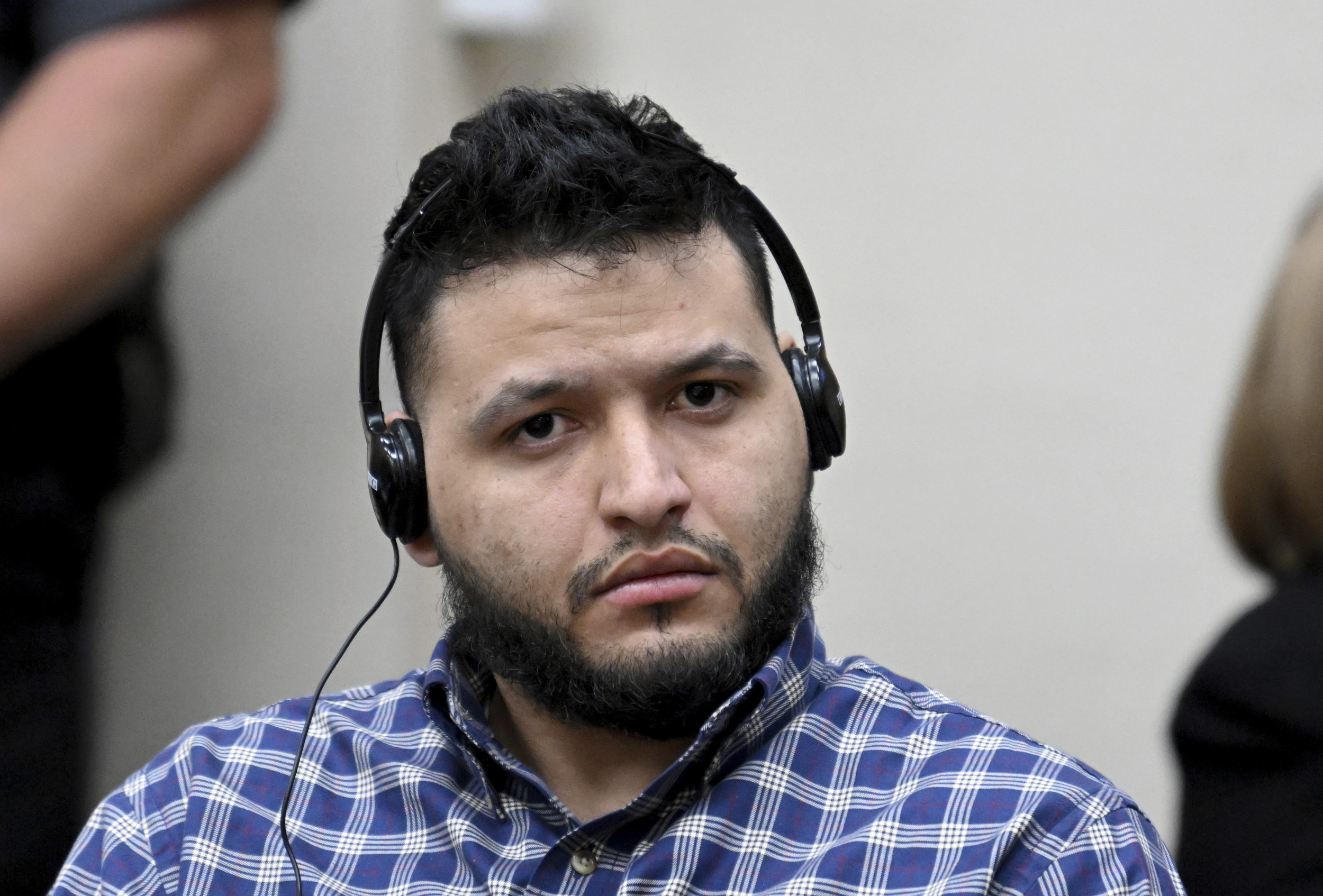

.png)

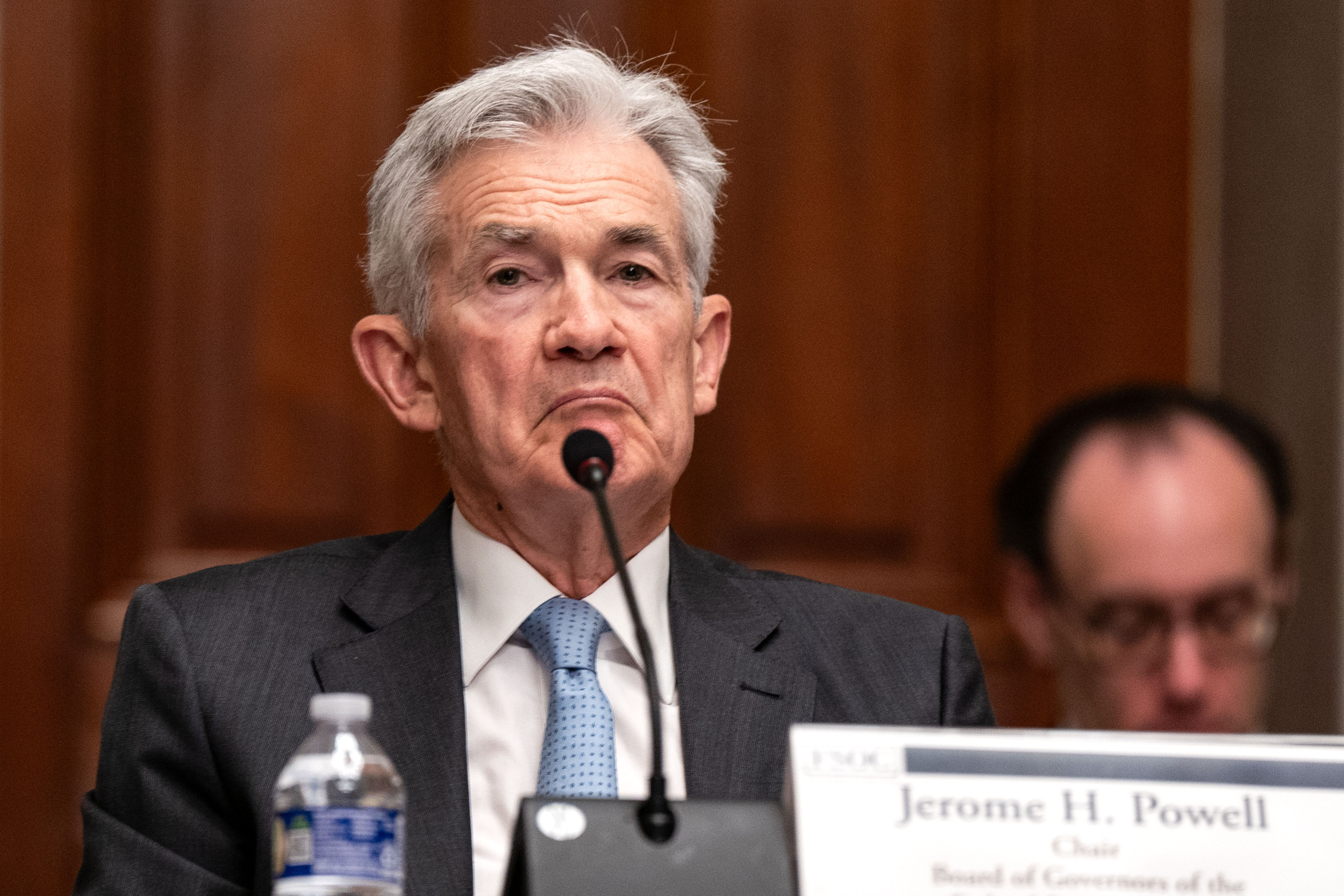








 English (US) ·
English (US) ·